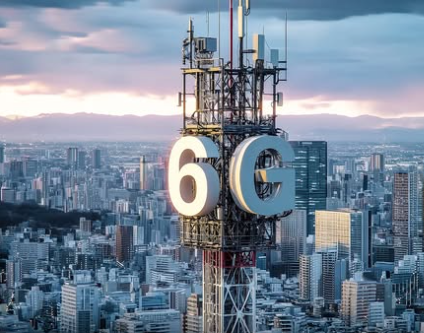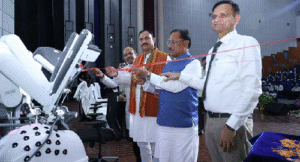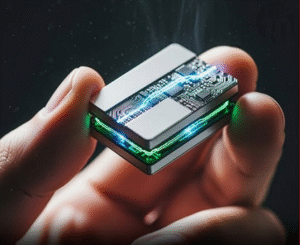In a stunning technological milestone, Japanese researchers have achieved an unprecedented internet speed of 1.02 petabits per second (Pbps) — the fastest ever recorded, and fast enough to download the entire Netflix library in just one second.
The breakthrough was announced by the National Institute of Information and Communications Technology (NICT), which collaborated with leading tech partners to transmit data over more than 1,800 kilometers using multi-core optical fiber. The system utilized 19 cores within a single optical fiber strand, a major leap from the standard single-core systems used in today’s broadband infrastructure.
“This is a glimpse into the future of ultra-high-speed data transfer,” said Dr. Hiroshi Nakamura, chief scientist at NICT. “We’re talking about transmission speeds that will redefine what is possible — from global cloud services to real-time 16K streaming and beyond.”
At 1.02 Pbps, the system is capable of transferring approximately 127,500 gigabytes per second. To put that in perspective:
- The entire Netflix catalog could be downloaded in 1 second.
- Wikipedia in every language could be transferred thousands of times over in the blink of an eye.
- It’s millions of times faster than average home internet speeds around the world.
- Technology: 19-core optical fiber
- Transmission range: Over 1,800 km
- Amplifiers: Specialized rare-earth doped fiber amplifiers
- Applications: AI, cloud computing, global data centers, 6G infrastructure
This breakthrough paves the way for next-generation internet infrastructure, particularly as data demands from AI, cloud gaming, satellite networks, and autonomous systems continue to explode.
While this is still an experimental system, Japan’s success signals a new era where petabit-speed internet could become a commercial reality — potentially within the next decade.
As the world watches this development unfold, one thing is certain: the future of connectivity just got a whole lot faster.







